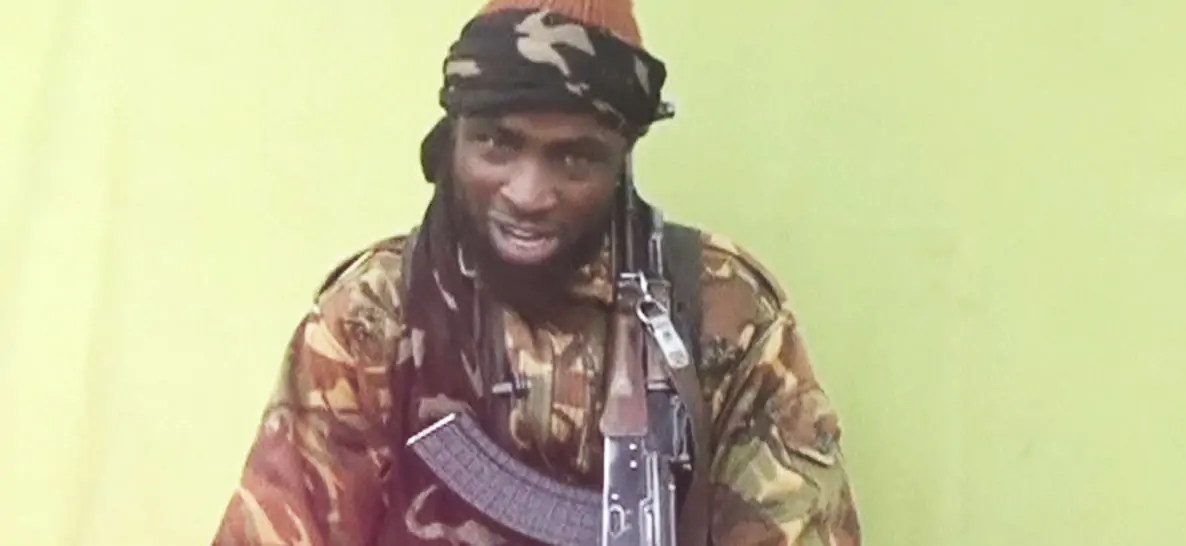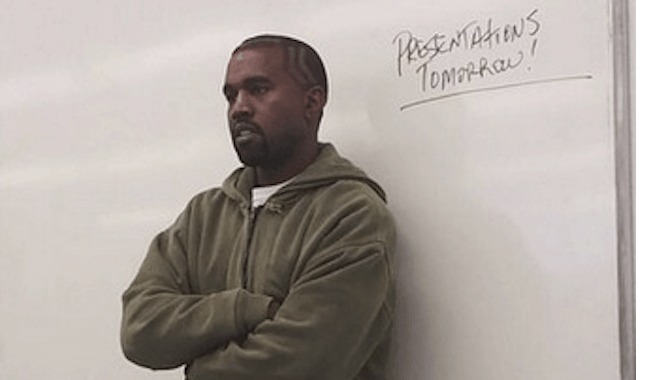
More than five months ago, the world learned about the tragic events unfolding in northeastern Nigeria, where a radical Islamic terrorist group kidnapped nearly 300 schoolgirls. The brazen abduction led to the worldwide social media campaign #BringBackOurGirls, and the world learned of the atrocities of the twisted Boko Haram, a militant organization led by a man named Abubakar Shekau.
Their Leader Killed?
Yesterday, Cameroon forces claimed to have killed Shekau in a gunfight. The brutal warlord had become somewhat of a well-known figure in western media. He appeared in numerous videos, threatening to sell the kidnapped girls as child brides, claiming that many had been forced to convert from Christianity to Islam and mocking the hashtag campaign.
Security officials are still determining whether the image released by the Cameroon military—that shows the body of a man resembling Shekau—is authentic, and are hesitant to confirm his death. It’s not the first time authorities have claimed to have killed the elusive leader. Not only have previous reports proven to be false—Shekau later posted proof of life videos—there are also some reports that the man killed was a Shekau body double.
Boko Haram’s Campaign of Violence
Even if Shekau has been killed, the fate of the kidnapped girls is still unknown, and the brutal campaign of violence by Boko Haram is on-going. And, the more than 200 schoolgirls being held by the terrorist are still missing.
This weekend, 36 people were killed when Boko Haram fighters ambushed a town—at least 23 of them were civilians. Earlier last week, Boko Haram terrorists bombed and shot students at a local college near the Nigeria city of Kano and have recently begun expanding into Cameroon. The atrocities are only the most recent attacks in a years-long campaign of car bombings, raids, mass shootings, rapes, abductions and church burnings.
Since 2009, Boko Haram has terrorized the region, but in the first six months of 2014 alone, Human Rights Watch says they’ve killed more than 2,000 people, with thousands more displaced by the on-going violence.
What Happened to #BringBackOurGirls?
As this piece in The Huffington Post last week shows, little progress has been made to rescue the more than 200 schoolgirls despite the initial international attention. Not only has media coverage been largely diverted to other international conflicts, but local government problems, corruption and military ineptitude has prevented further progress into rescuing the girls.
The International Committee of the Red Cross is rumored to be working on a prisoner exchange with Boko Haram in an effort to have the girls freed, but so far the outcome of any negotiations is unclear.
In a shocking new twist, a Nigerian human rights lawyer spoke out at a congressional hearing on religious freedom informing lawmakers that at least one of the girls was used as a suicide bomber. Lawyer Emmanuel Ogebe compared Boko Haram to ISIS, and pleaded with American lawmakers to take further action to protect those suffering from religious persecution in his country.
Remembering Those Still Suffering
Christians and non-radical Muslims alike are under constant threat of violence from Boko Haram, whose name translates to “Western Education Is Evil,” and employs brutal tactics to enforce its religious ideology. A Catholic diocese in the region said that the militants had killed 2,500 local churchgoers, and the exact numbers of deaths caused by Boko Haram is still not fully known.
This week in Washington, one of the girls who managed to escape Boko Haram, recounted her harrowing story of survival, reiterated her reliance on faith and asked that her classmates not be forgotten. While telling the story of how she jumped from a moving truck to escape her captors, the girl, who went by the name Saa added, “I’m a Christian, I’m a real Christian. I know God, and I’m following God the way I can.”
We live in an era in which the news cycle evolves at a blinding pace. Where new concerns, breaking headlines and trending hashtags bury old stories that are never resolved and are too easily forgotten. But Saa’s visit to the U.S., and new updates about Boko Haram aren’t just additional headlines for our newsfeed—they are a reminder to not let the campaign to bring back our girls fade away. They remind us that just because the headlines and hashtags are no longer trending, the suffering has not stopped.
We can still do something. We can still pray. We can still advocate for further assistance. We can still make sure people don’t forget about them.
Ogebe has arranged for Saa to attend college in the U.S. with a scholarship, but he’s also still advocating for the missing girls, and hoping that leaders remember that they are still in danger.
The human rights lawyer told ABC News, “These people are desperate. They’re regressing into another age, but [the United States] could be the hope, the beacon of light, that will help them weather the storm.”






















